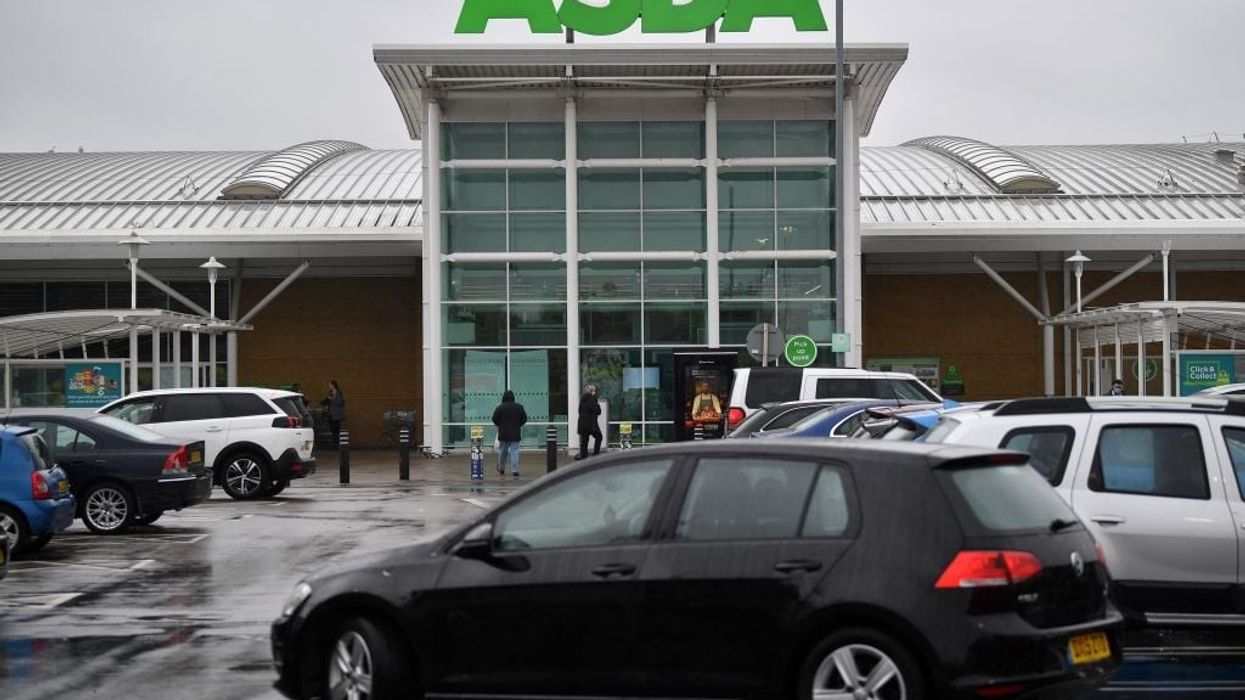WHILE Asda is witnessing a flurry of departures at the top, it recently faced a setback while hiring a senior executive.
Gary Mills, a former Tesco and Morrisons executive, backed out of joining the troubled supermarket chain, just days after being appointed, The Telegraph reports.
Asda had last month internally announced that Mills would join as the supermarket’s new interim retail director, but now he seems to have changed his mind.
Recently Mark Simpson left Asda as chief transformation officer and Paul Gillow relinquished his role as commercial director for food.
Simpson is an Asda veteran, having joined in 1997 and held several senior roles. Gillow has also been with Asda for 21 years.
As Gillow's replacement, Iceland’s group director Andrew Staniland is understood to have been appointed.
The changes form part of a radical management overhaul being pursued by Asda co-owner Mohsin Issa as he attempts to arrest an alarming slump in sales.
According to industry analysis firm Kantar, sales at Asda were down 4pc in the 12 weeks to June 9 and its market share has shrunk to 12.8 per cent from 13.7 per cent last year.
It is the only supermarket chain where sales are falling and its gap with rivals such as Tesco and Sainsbury's has widened.
The supermarket has struggled to lure shoppers since its £6.8 billion debt-fuelled takeover by the billionaire Issa brothers and private equity firm TDR in 2021.
Last month, TDR Capital took majority control of Asda by acquiring Zuber Issa’s 22.5 per cent stake.
TDR now owns 67.5 per cent of the supermarket while Mohsin Issa and Walmart hold 22.5 per cent and 10 per cent respectively.
Asda's plans to alter the working week pattern for managers were recently shelved amid a backlash from staff.
It had recently announced that it would outsource more than a hundred employees to Indian software major Tata Consultancy Services to cut costs.
Those affected are from the company’s Leeds headquarters, where more than 5,000 employees work.




